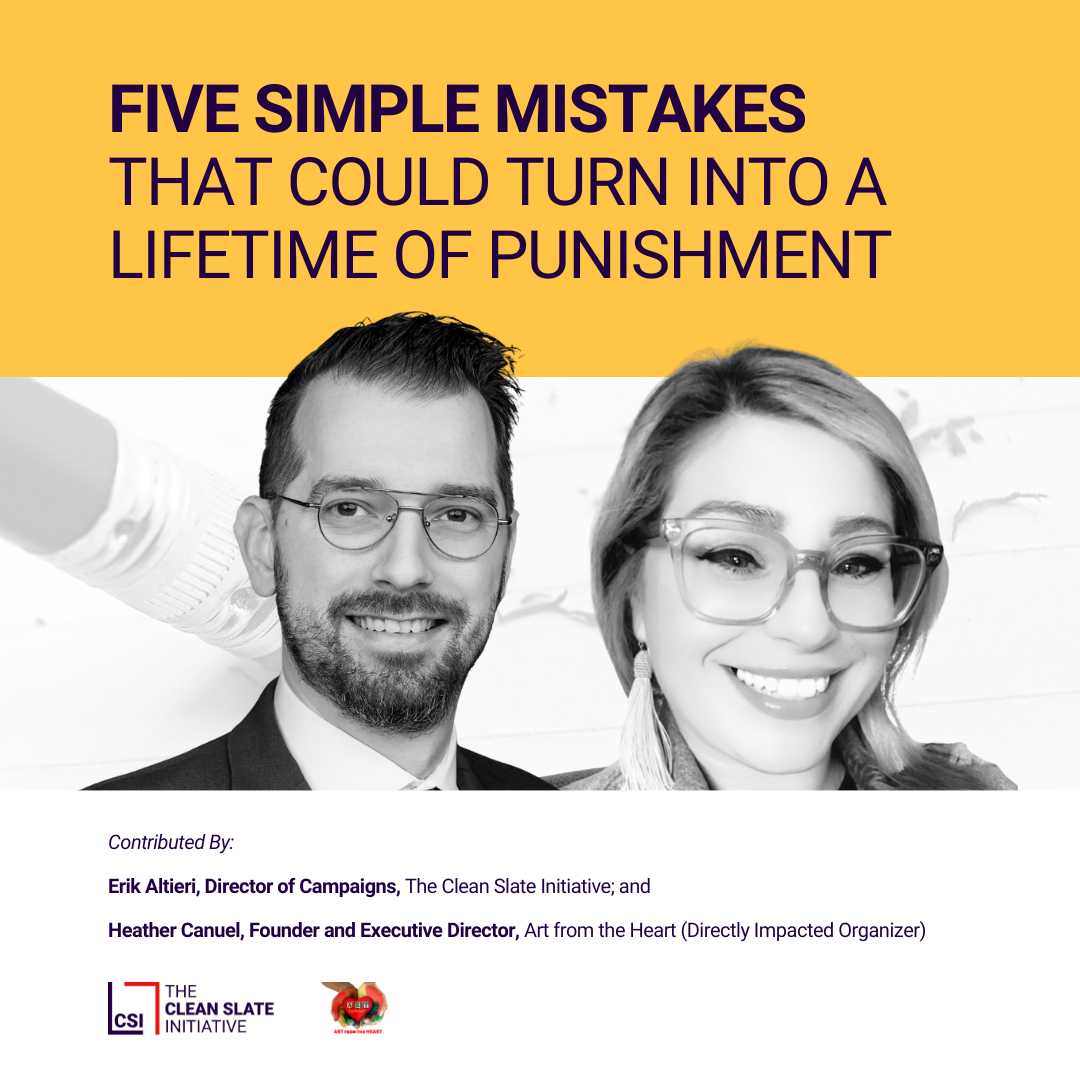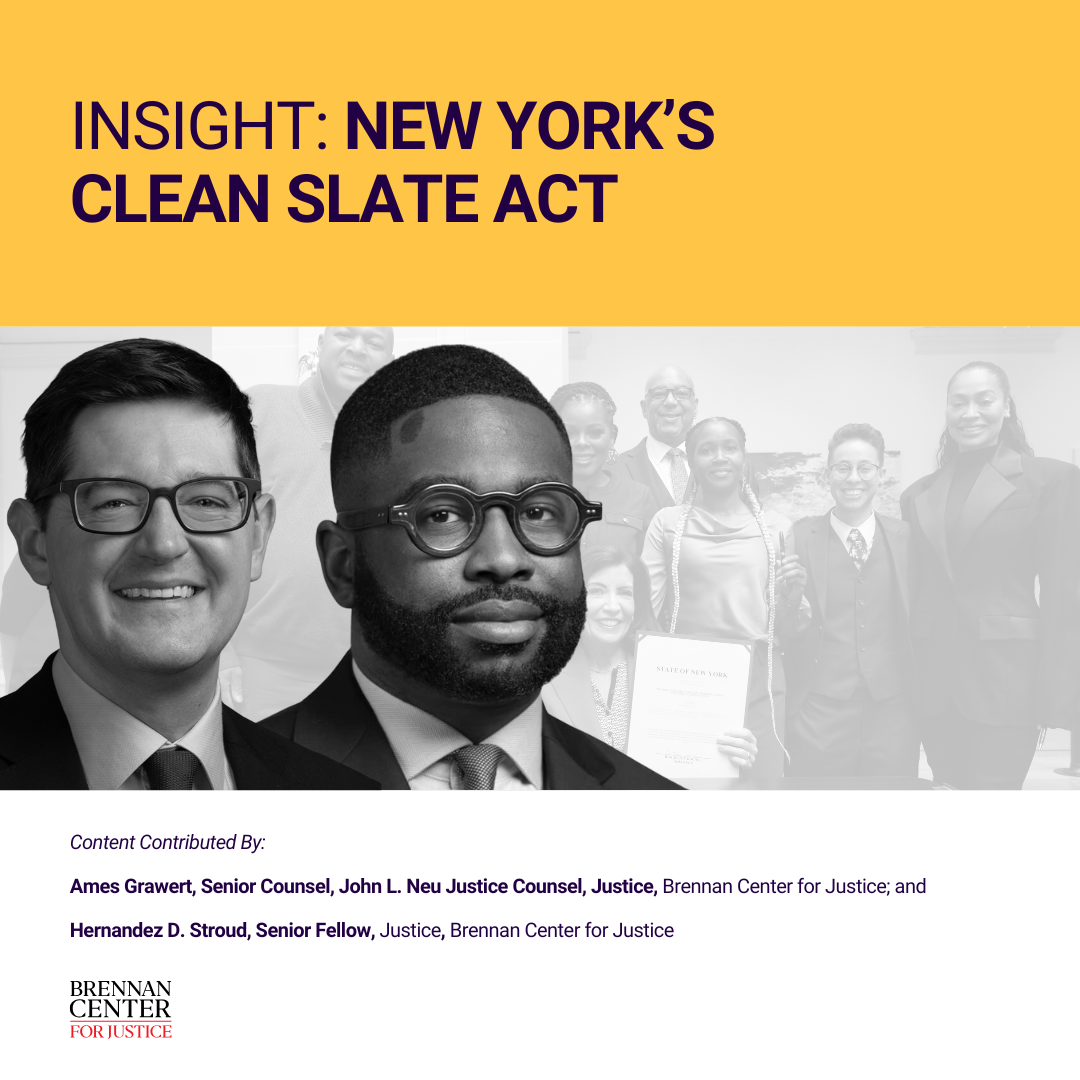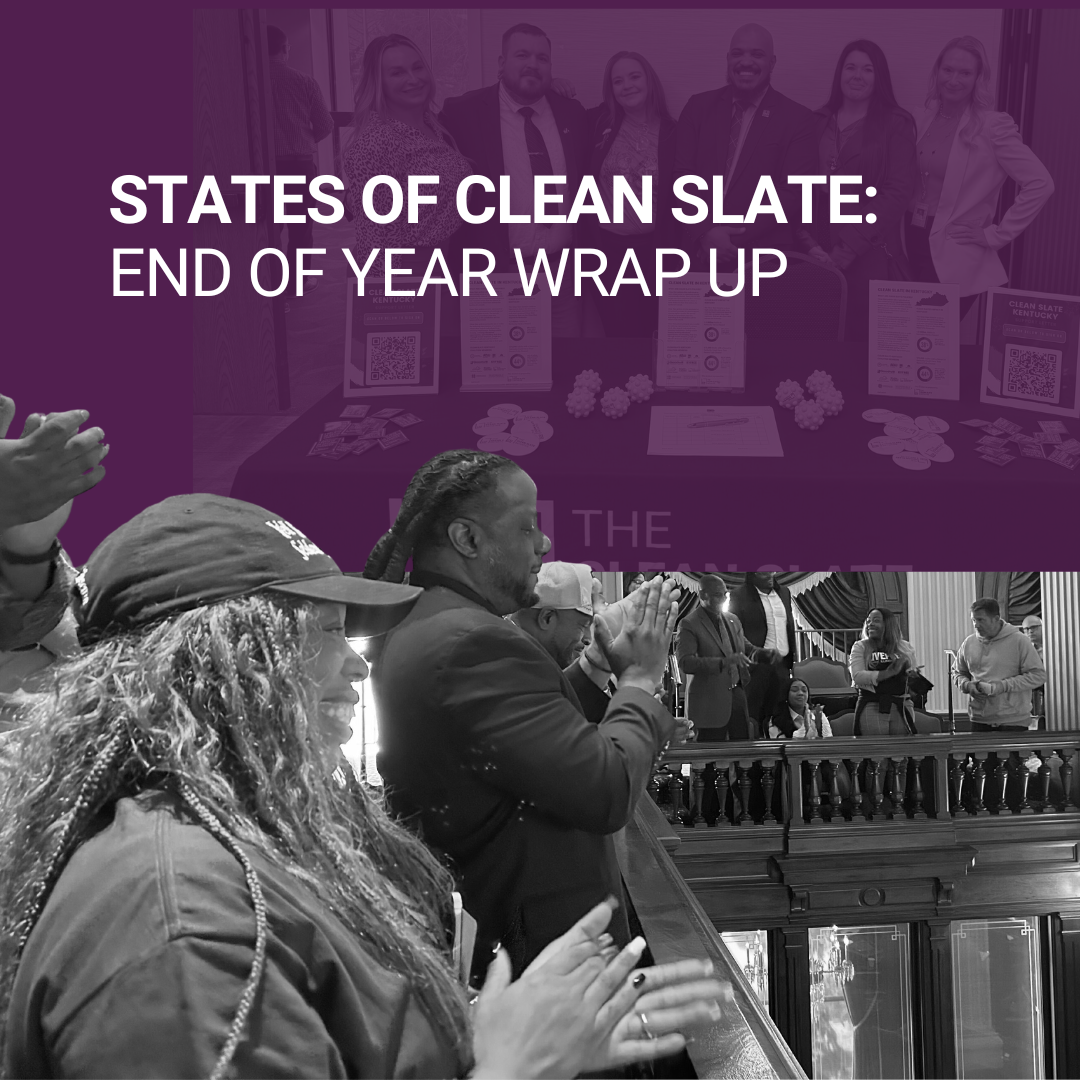Five Reasons Businesses Are Embracing Second Chance Policies

Across the country, more and more businesses are embracing support for second chance policies — like Clean Slate’s automated record sealing — not just because it’s the right thing to do, it’s also good business. In an era of labor shortages, shifting workforce expectations, and growing demands for opportunity, forward-looking companies recognize that second chance policies open doors to talent, strengthen local economies, and enhance trust with customers and communities.
Here are five reasons why businesses are leading the way on second chances:
1. It Unlocks a Large, Underutilized Talent Pool at a Time of Labor Shortages
Second Chance policies help businesses of all sizes broaden their recruitment efforts by unlocking a vast pool of skilled, motivated individuals who are often overlooked due to old arrest and conviction records. It’s smart policy that serves as a strategic workforce development solution to help businesses fill the over 8.1 million open jobs with talented workers. Clean Slate laws, which allow people to have certain records sealed through an automated system once they have met specific criteria, offer one way to advance second chance opportunities in the workforce.
“Clean Slate is a common-sense, technological solution to the ongoing talent shortage.” — Michelle Cirocco, Chief Impact Officer, Televerde
2. It Helps Businesses Retain Loyal, High-Performing Employees
People who receive a second chance are often highly motivated, productive, and loyal — traits that drive lower turnover and higher long-term performance. In fact, recent survey data shows that 85% of HR and 81% of business leaders said people with records performed the same as or better than employees without records.
“Our experience has been that those given a second chance are hard and loyal workers - who appreciate being treated with respect." - Mark Franklin, Director of Operations, Franklin Concrete LLC
3. It Strengthens the Local Economy and Customer Base
When more people are working, local economies thrive. Businesses benefit directly from a broader consumer base with increased spending power.
Second chance hiring could boost the U.S. economy by $78–87 billion annually. — JPMorganChase
4. It Reduces Operational Complexity
Automating the process of sealing eligible records means potential candidates spend less time navigating complex record systems and more time identifying roles that match their talents. And just like automated processes in many areas of business, the automated record sealing process is paired with human oversight, so only eligible records are sealed, while law enforcement and sensitive employers retain necessary access.
Clean Slate removes operational complexities, making it easier to get qualified employees into the workforce. — RBIJ
5. It Enhances Brand Trust with Customers, Employees, and Investors
Businesses seen as values-driven and solution-oriented, especially on issues of fairness and opportunity, are more trusted by consumers and more attractive to top talent. It strengthens brand reputation and employer value propositions. Companies in the Second Chance Business Coalition, including JPMorganChase, are leading by example, supporting Clean Slate policies to lower barriers to employment and creating greater economic opportunity in communities..
Advancing second chance hiring and advancement strategies broadens the talent pool, which benefits our company and the broader community. — JPMorganChase
The Waiting Workforce
Millions of Americans with records face barriers to meaningful employment. This ‘waiting workforce’ presents a missed economic opportunity. Learn more about the JPMorganChase Waiting Workforce activation by watching the video below.
.avif)

.jpg)
.png)



